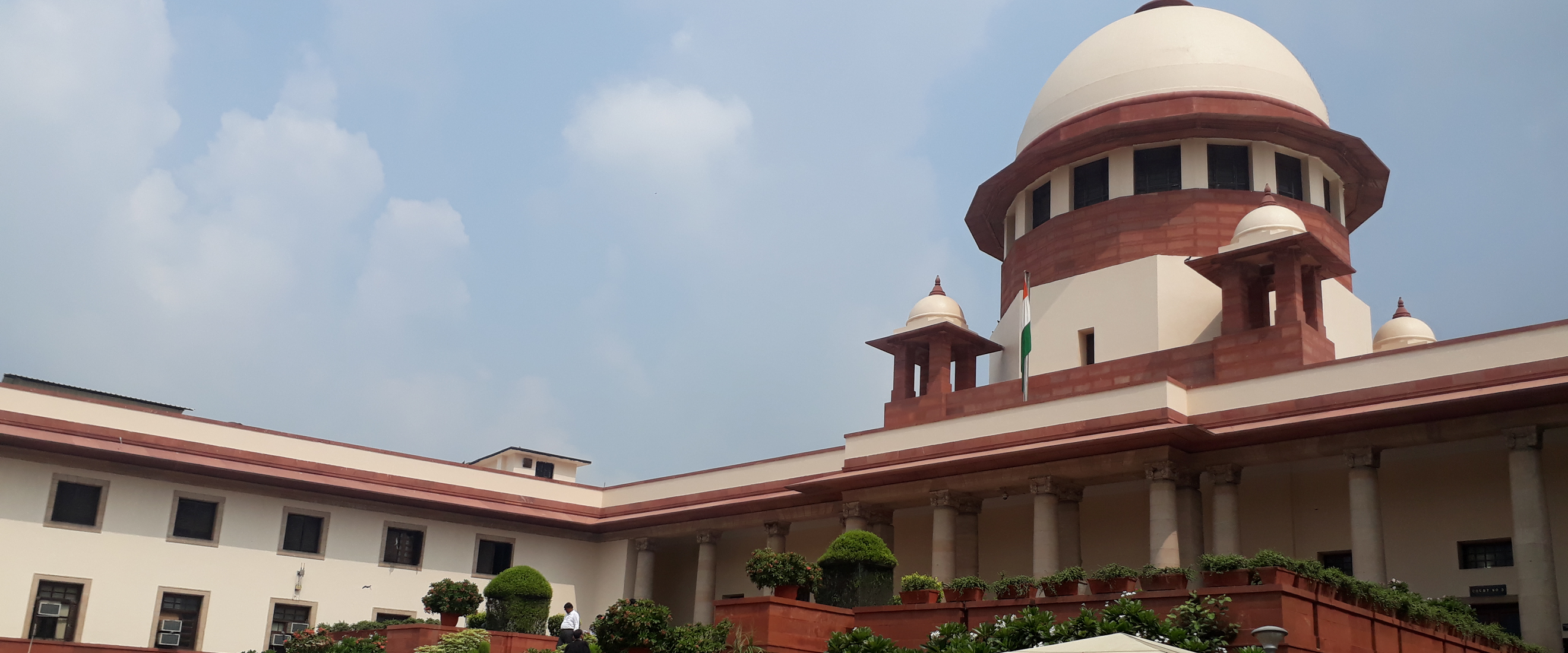Analysis
Migrant Crisis: Judicial or Executive Intervention?
DESK BRIEF: Should the Supreme Court intervene when the Union government has allegedly failed to perform its constitutional duties?

Since the beginning of the COVID-19 lockdown, lakhs of migrant labourers have found themselves stranded across India. Lacking a source of income, housing or food, many resorted to returning home, often by foot. An inevitable loss of life has followed.
This humanitarian crisis has reignited the debate about whether the Supreme Court has the jurisdiction to intervene in governance. To what extent, if at all, should the Supreme Court intervene, when the Union government has allegedly failed to perform its constitutionally mandated duties?

Source: ‘Workers India Labour’ by ManicSylph is licensed under Creative Commons Zero
On the one hand, some senior advocates assert that our Apex Court should intervene in public policy pertaining to human rights. In fact, they sharply criticized the Court’s handling of the current migrant labour crisis in a public letter to all Supreme Court judges, published on May 29th. Twenty prominent advocates wrote that the Court’s decision to not intervene in the crisis amounted to a failure to safeguard fundamental rights, a constitutional duty of the Court.
The next day on May 30th, after two months of non-intervention, the Court began monitoring the crisis. The bench comprising Justices A. Bhushan, S.K. Kaul and M.R. Shah took suo motu cognisance of the ‘problems and miseries of migrant labourers’.
Others contend that managing the migrant crisis is a role best left to the executive. They argue that the crisis is a governance issue and that, if the Court intervened, it would disrespect the separation of powers, an essential facet of democracy. They assert that the Court cannot, in safeguarding fundamental rights, assume the role of the executive.
For now, the Court has decided to intervene – Justice Ashok Bhushan’s Bench is actively monitoring the Central, State and Union Territory Governments. In its order on June 9th, it directed them to arrange travel for all stranded labourers within 15 days.
Ultimately however, this June 9th order is unlikely to clarify the Court’s jurisdiction insofar as humanitarian disasters go. As Anuj Bhuwania illustrates, the Court doesn’t ground its 9 June order in any fundamental rights claim, but rather amorphous humanitarian concerns. In not invoking fundamental rights, the Bench leaves unresolved the question of when it can intervene in matters of governance.
Best,
SC Observer
This post is extracted from our weekly newsletter, the Desk Brief. Subscribe to receive these in your inbox.
